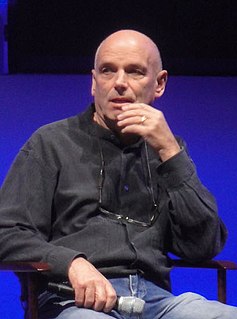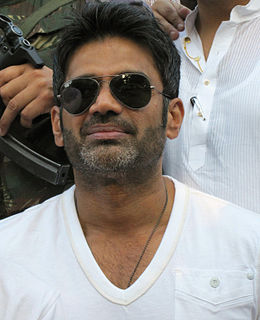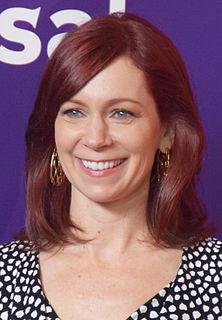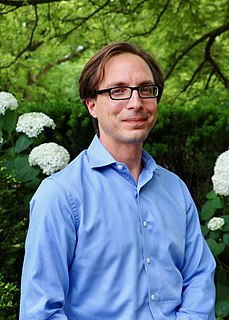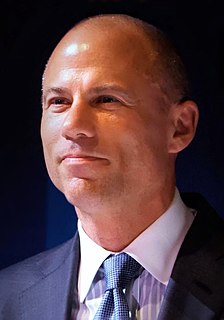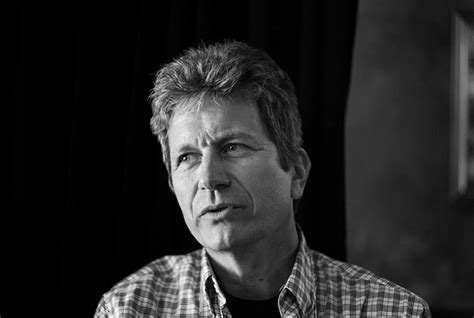A Quote by Martin Campbell
I like pre-production and post the best. I don't like shooting at all. I find it grueling and tough, but I love post and the whole process of seeing the film finally come together. You start ironing out all the rough spots, and the really bad bits you just throw away. So from day one of post to the last day, you see nothing but improvements.
Related Quotes
I'm attracted to directors in general because I appreciate the work and the job they have to do. I watched the post-production, I watched the pre-production... post-production is something that I'm very interested in and I did spend a lot of time in editing rooms when I was young pretending to be sick.
Making movies has not only been an incredibly collaborative process but there's three big parts: pre-production, shooting itself and then post-production, which leads into marketing. And if you're passionate about the movie and you believe in it, and it would make sense that you are having done it, then you want to get out and promote it. It makes it a lot easier when the film is good and people are enjoying it.
I had this whole issue of doing a crime film in the 2010s. The genre's been mined very, very heavily. Post-Scorsese, post-Tarantino, post-Guy Ritchie, what do you do? I wasn't attracted to pulp so much as all of a sudden I had a pulp problem. I had to find a way to make this interesting, because there's a lot of crime films that come out on VOD every week, and a number of these star Nicolas Cage.
I just enjoy the filmmaking side of things. I feel like when you're an actor, sometimes you're in other people's hands and they're in charge of your creative life. Whereas with my production company, I'm the one that gets to make those choices for how I'm gonna spend my time and what content I'm going to be creating. I definitely learn a lot, especially about acting, by producing and directing and seeing how it all comes together, and seeing the other side of things, appreciating what goes into pre- and post-production, and all those things you don't see when you're an actor.
'The Washington Post' doesn't have to report on what I post on Twitter. CNN doesn't have to report on what I post on Twitter. All kinds of media outlets - they don't have to report on anything that I post on Twitter. Just like they don't have to report on all kinds of other things that other people post on Twitter.
If you are able to see on a monitor what it's actually going to look like and have that kind of feedback informing your decisions, then you're bringing back a lot of the decision-making process of the designer, the director of photography and the director away from the post-production process and bringing it back into the actual capturing of the event on film.
A really humbling experience that we've had was touring on Post-Nothing, was having people come up to us and tell that story about Post-Nothing. Especially as the tour went on, people saying, "I listened to your album when it first came out and I listened to it every day for the summer of 2009. That was my album for that summer; that was my album for this time in my life." When somebody tells you that, it's a pretty amazing feeling, and very humbling.
